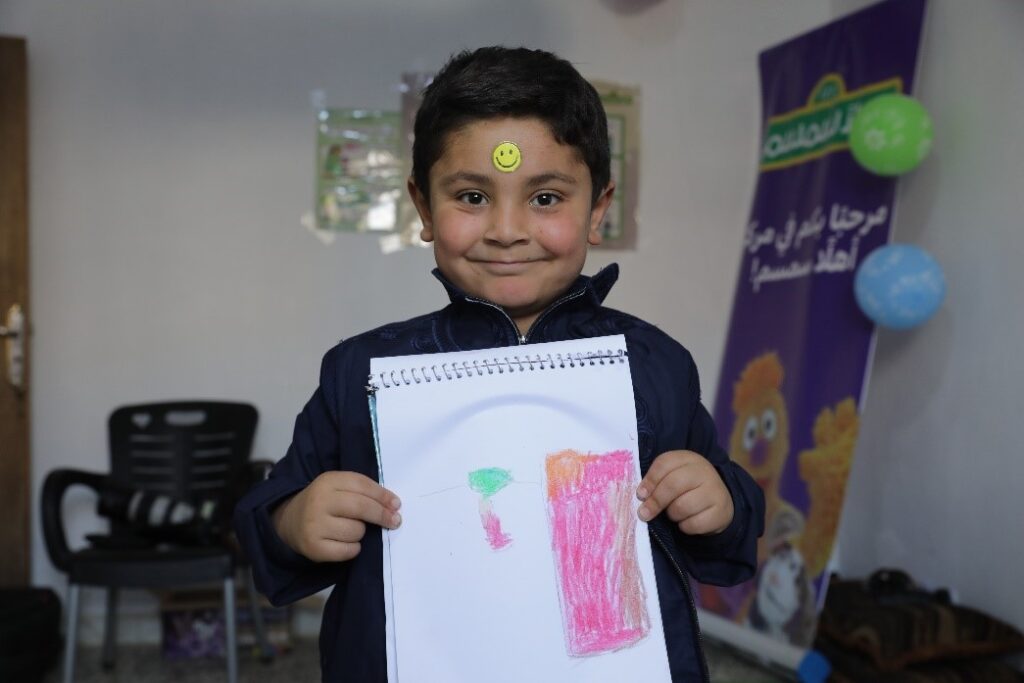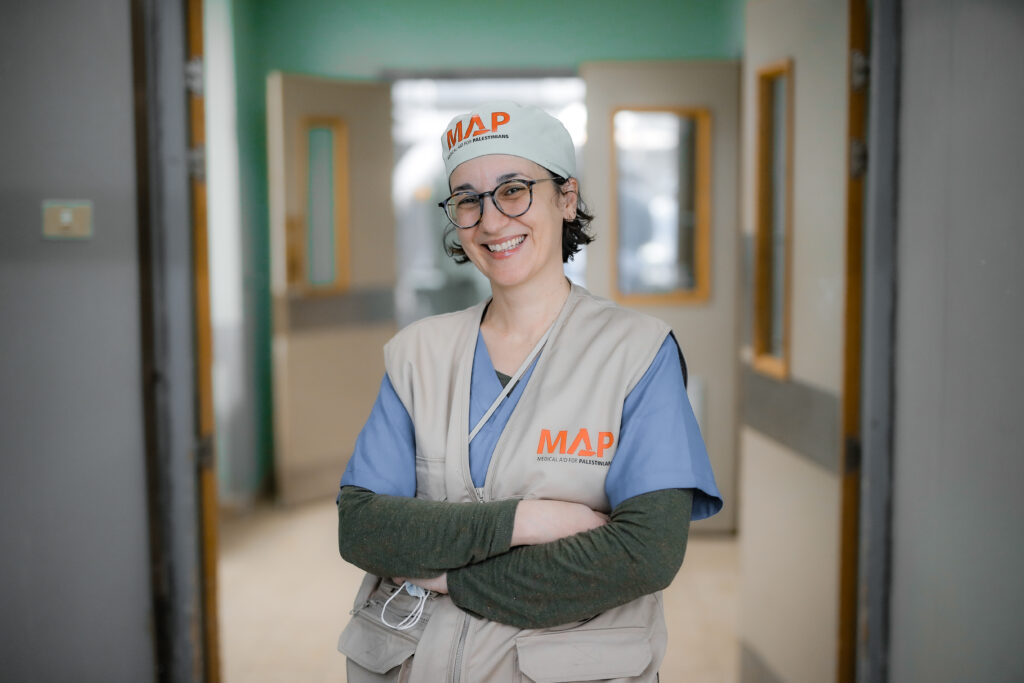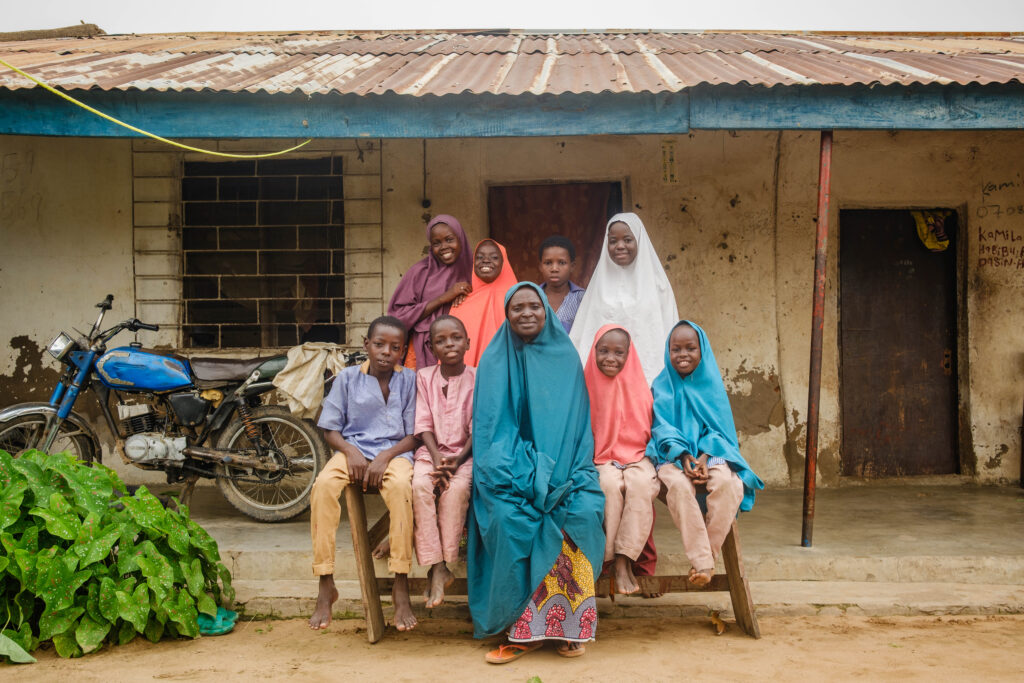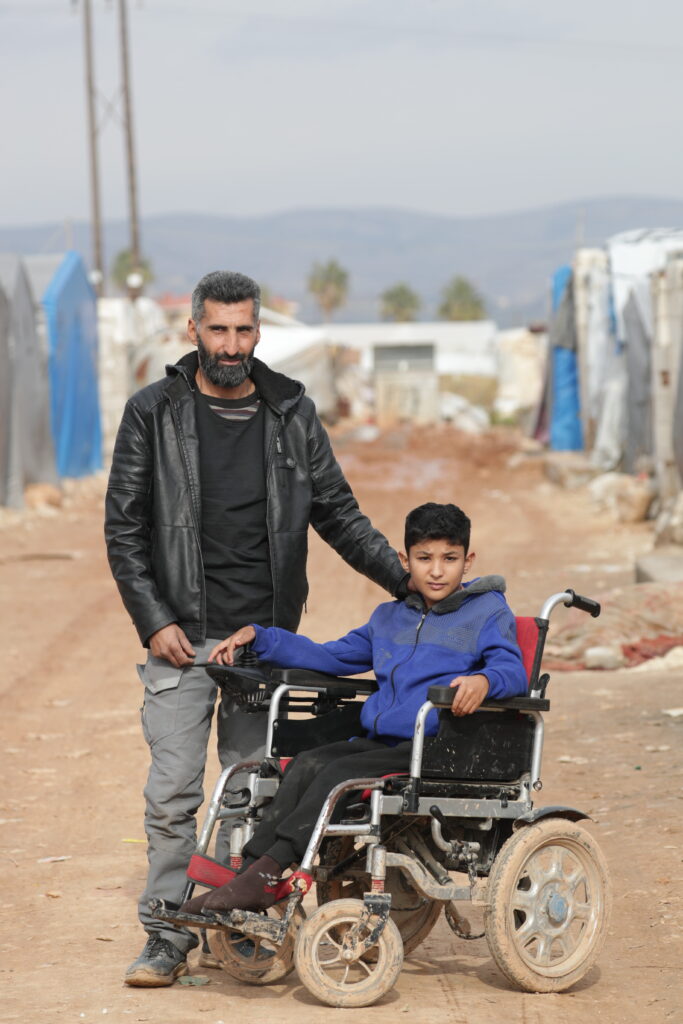110 million people are displaced around the world, forced by crisis to flee their homes. But this World Refugee Day at our partner the International Rescue Committee (IRC), refugees are sharing their stories using a different kind of number — the numbers that make up their lives. If the big numbers don’t grab your attention, the stories behind the numbers will. This year it is more important than ever to remember that behind every one of these big numbers is a unique person’s story. Join us to share these refugee stories, take meaningful action to support those who are forced to flee, and welcome them in your community.
110 million people also means 110 million birthdays, 110 million nicknames, and 110 million stories. This year, by connecting on a personal level, we can recognize ourselves and our loved ones in the stories of displaced people. Our shared humanity compels action. If the number itself doesn’t grab your attention, the stories behind the number will.
Meet Faisal*
Displaced child and educational program recipient – Syria
As Syria enters its 14th year of conflict, many people have been displaced multiple times — including Faisal*, 6, who has already been displaced twice in his short life. His father is a teacher and they have both benefited from IRC’s Ahlan Simsim remote programming, a transformational program that combines on-the-ground services for families in crisis with engaging educational media. Recently Faisal saw that his dad was upset and suggested that he count to 10, thanks to what he learned in the program.
Even as we observe the large scale of displacement around the world, we find hope in the people. Faisal is one among millions of displaced people, but his story is unique.

Photo Credit: Frontline in focus for the IRC
Meet Dr. Konstilia
Anesthetist, Emergency Medical Team – Gaza, Palestine
Since December 2023, the IRC and Medical Aid for Palestinians (MAP) have deployed emergency medical teams to provide life-saving medical care in Gaza. The team, composed of trauma doctors, surgeons, pediatricians, and water and sanitation experts, are offering surge and relief support to hospitals and providing life-saving medical care to injured Palestinians. In March 2024, Dr. Konstilia was on a two-week deployment of the MAP/IRC emergency medical team in Gaza.
“I felt that I have to be here. I have to try and offer whatever I can offer. I’m impressed with the resilience of the [Palestinian] people because I don’t think that there are any people that haven’t lost something. Many people have lost families. Almost everyone has lost their house, and still, they’re coming to work and they are helping people.” — Dr. Konstilia

Photo credit: Belal Khaled for the IRC
Meet Faiza Habibu
Cash for climate resilience – Yola, Nigeria
Faiza, a 60-year-old fish farmer, lost her husband earlier this year, leaving her to provide for their eight children. “We went through a lot more than anyone can imagine,” says Faiza. “There was no food in the house, even when my husband was alive, sometimes we went to bed hungry.”
Faiza signed up to receive anticipatory cash support from the IRC. These funds are designed to be distributed before climate shocks like flooding and droughts. “When I received these funds, things started to get better. We have seen light and happiness — both my children and I, because things are so much better.” With the money she received, Faiza was able to buy maize for farming and pay the school fees for all eight of her children. “I started a [fish farming] business with the remaining money. That will help my children’s education — when they need pencils, pens, books, or uniforms. When it’s time to pay school fees, I will use the profit to pay these.” — Faiza

Photo credit: Taiwo Aina for the IRC
Meet Yahya*
Displaced person and earthquake survivor – Northwest Syria
Yahya*, 15, and his family lived in a displaced persons’ camp in northwest Syria after being displaced when a massive earthquake struck the region on February 6, 2023. Yahya, his parents, and his three brothers needed to relocate again. During a visit at the new camp, the IRC saw that Yahya was in poor health and that he needed a wheelchair. Part of his psychological distress stemmed from his inability to leave the tent, exacerbated by his family’s financial struggles, and loss of official documents during their displacement. The IRC and a partner organization, Shafak, provided Yahya with medical exams, an electric wheelchair, and psychosocial support sessions. Additionally, the legal team assisted the family in obtaining new identification documents. “When the earthquake hit… we came to the camp. Then, the [IRC] saw me, and they did their best. They took me to a healthcare center, examined me and brought me a wheelchair.” — Yahya

Photo credit: Frontline in focus for the IRC
*Name has been changed to protect the client’s privacy.
There is a crisis here, but you won’t find its cause among the men, women, and children who have fled for their lives. You will find the cause among the world’s collective willingness to allow people’s lives and livelihoods to be uprooted.
This is not just a global refugee crisis. This is a crisis of international response. The IRC has practical, evidence-based, and innovative examples of solutions for reaching clients who are in transit or are living in camps.
- Health: Mobile health clinics and last-mile delivery of vaccines
- Malnutrition: Simplified approaches, including community-based case management
- Early childhood development: Community-based education and remote education
- Economic development: Cash assistance, including anticipatory cash
- Information and technology: Signpost, a digital program that provides communities in crisis with information about travel routes, humanitarian services, emergency resources and legal rights — a form of digital social work in emergencies.
$30 can provide one family with trucked water for a month.
$125 can provide a teacher with a year’s worth of books and supplies for their classroom.
$230 can cover the whole cost of treating a child for acute malnutrition.
$500 can help equip an emergency mobile medical team.
The IRC helps refugees — each with a unique story of their own — to survive, recover, and rebuild their lives. By leveraging the impact behind the numbers, the IRC can bring to life stories of our work and the clients your employees have the power to help. Listen to the stories behind the numbers and honor refugees around the world by donating to the IRC.

